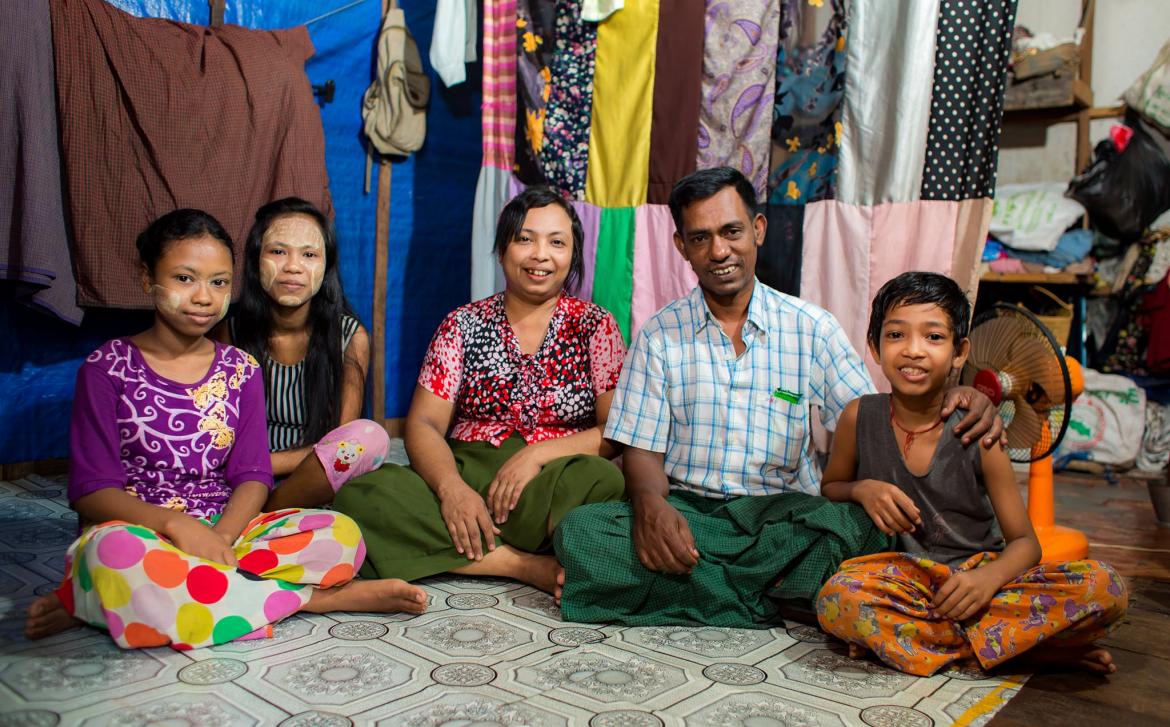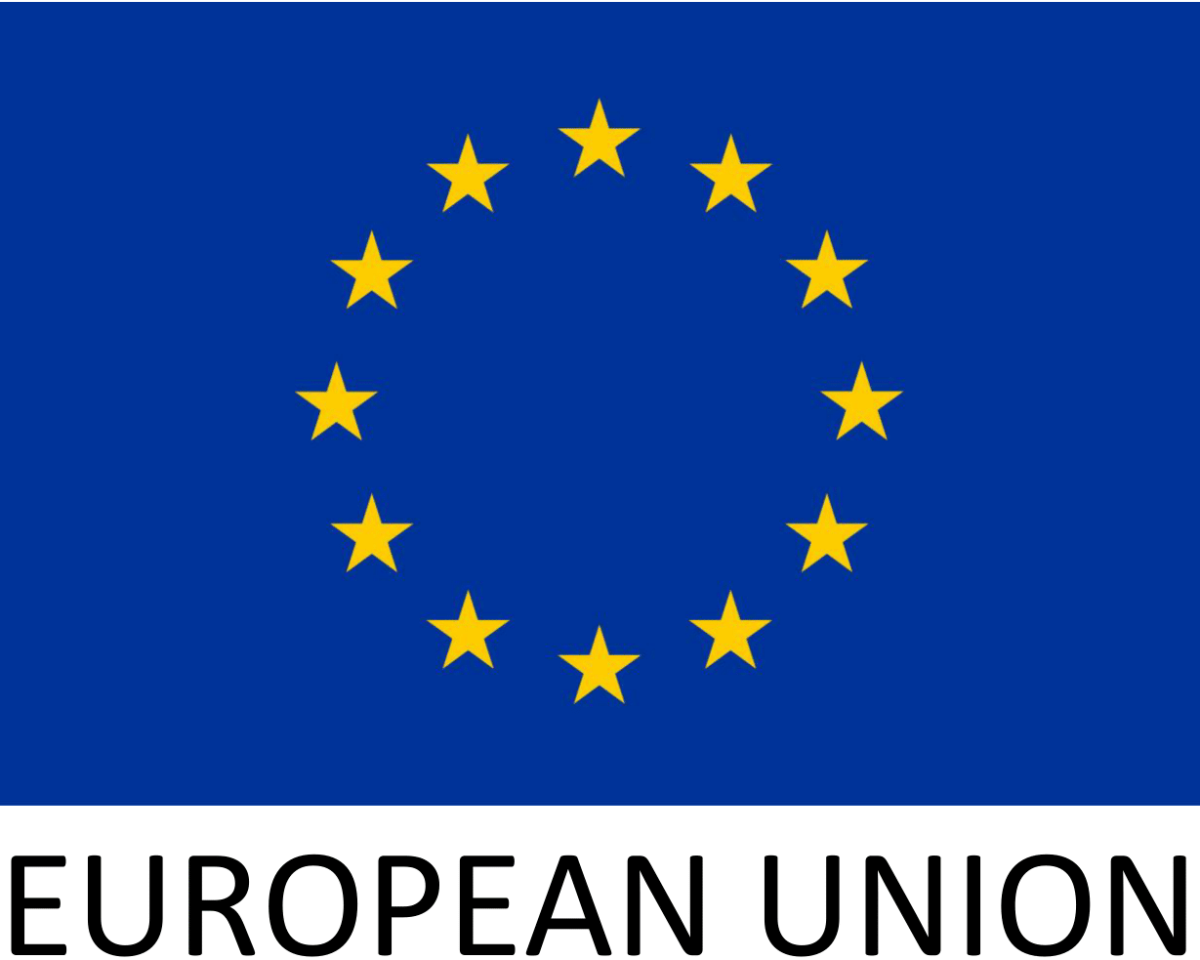
As of the beginning of October, 70,546 cash support payments totalling over 5.4 billion MMK (over 3.5 million EUR) have been issued to Myanmar's garment and footwear factory workers who have been laid off or furloughed, or who have had working days significantly curtailed by reduced order demands from abroad. Workers receiving support indicate that these payments are most often their only source of income during the pandemic and that nearly all support is used to cover housing and food expenses. The average cash support payment size across all payments has been 78,700 MMK, with lesser support given to factory workers who are still able to work part-time and the greatest assistance given to unemployed pregnant workers. (the total montly payment range is from 35,000 MMK up to 125,000 MMK).
Workers from over 340 factories have now been assisted by the Myan Ku programme. Factory workers from all States and Regions of Myanmar have now received some support. 100% of the cash support assistance has been transfered using the mobile money platform of Wave Money.
Pregnant workers and workers who have recently given birth are also provided with social and behavioral change counseling sessions on maternal and infant nutrition by 3 local doctors, including a nutritionist.
Myanmar garment factory workers have extremely high access to mobile phones, with the vast majority of factory workers owning their own smartphone. This fact made mobile money distribution a particular effective tool for administering cash support during the pandemic. And, to enroll the small percentage of women workers identified as not having adequate access to mobile phones the project has worked with the civil society organization Pyi Gyi Khin to distribute 290 phones free-of-charge to such workers, helping ensure nearly universal access among laid off garment workers to the Myan Ku cash assistance benefits during this economic emergency.
The EU Myan Ku Fund is a 5 million EUR CoVID-19 response effort funded by the European Union, managed by UNOPS, and implemented by sequa gGmbH in cooperation with partners from employer organizations, trade unions and civil society, especially CTUM, MGMA, CESD, Pyi Gyi Khin, Thone Pan Hla and Opportunities NOW.
Despite the relative success of the Myan Ku effort, the economic situation in the Myanmar garment industry is immensely difficult as the pandemic rages on. A survey conducted in late September of 345 garment factory workers who were mostly laid off between March and June revealed that only 3% had been able to transition back into full-time employment. Retailer bankruptcies in Europe, North America and elsewhere have rippled throughout the global supply chain and have sometimes resulted in product orders which were not paid for or for which retailers demanded ex post facto price reductions, sometimes even after delivery in foreign ports. And, even among the majority of factories that have not been victim of such predatory payment practices the factories have anyhow had to contend with reduced order volumes, gaps in orders, rushed orders, postponed orders, difficulties in obtaining production input materials in time for production, local quarantine issues, lockdowns and the need to implement CoVID-19 prevention practices implemented within the workplace.
During June, 2020 apparel imports from Myanmar were down 41% in the EU, down 14% in Japan and down 10% in the USA. These are the three main export destinations for Myanmar apparel products. This shock reduction is even more stark when one considers that the original forecast/expectation for June, 2020 would have been for a continuing overall increase in exports of over 25%. Order cancellations and reductions to the USA have mostly involved products such as handbags, backpacks and wedding dresses whereas order cancellations to Europe and Japan have mostly been concerned with garment/clothing products.










